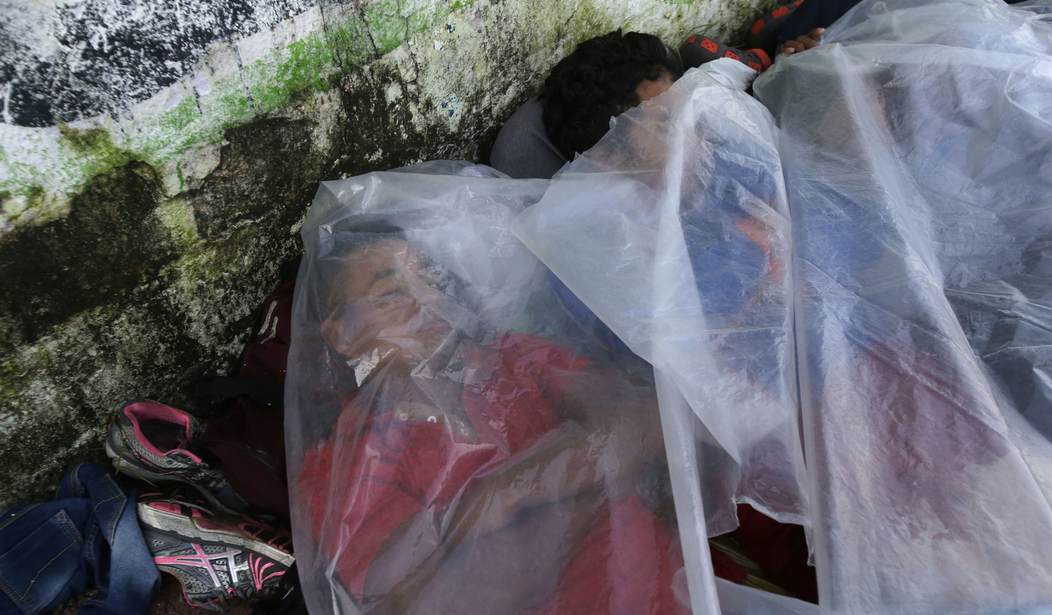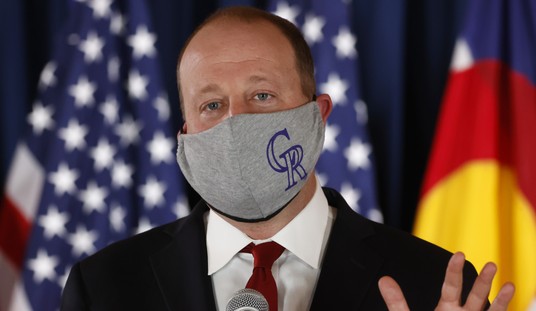The Supreme Court was busy issuing a flurry of decisions this week while most of us were awaiting the big presidential debate. Some of the rulings were rather routine, but there were a few that will likely be viewed as quite significant. One of them will impact the ability of states and municipalities to try to deal with the flood of illegal migrants and other homeless people that are overrunning our major cities. The case of Johnson v. Grants Pass overturned a lower court ruling where plaintiffs attempted to claim that laws against public camping in parks and on sidewalks constituted cruel and unusual punishment. The majority of the court disagreed by a 6-3 margin, with Neil Gorsuch penning the majority opinion. This ruling will give municipalities another tool to use in combatting the current epidemic of overcrowding in shelters. (National Review)
The Supreme Court on Friday ruled that barring people from camping in public parks and imposing fines on those who do does not criminalize the status of homelessness and does not amount to cruel and unusual punishment.
The 6-3 decision in Johnson v. Grants Pass authored by Justice Neil Gorsuch reverses a Ninth Circuit ruling and is a win for West Coast governments, assuring that they have the authority to enforce anti-camping laws and to clear sprawling homeless camps from their parks and sidewalks. The ruling comes as unsheltered homelessness has skyrocketed on the West Coast.
But while the ruling affirms that local governments can take action against squalid homeless camps in their communities, it does not say that they must take action.
The plaintiffs attempted to portray bans on public camping as something that should be forbidden under the Eight Amendment. Gorsuch sensibly pointed out that the constitutional protections against cruel and unusual punishment were put in place to prevent things such as disembowelment, burning at the stake, or the drawing and quartering of prisoners. Having police officers tell someone to pack up their makeshift camp and move along would hardly fall into the same category.
The court also rejected the notion that such bans amounted to a ban on or punishment for being homeless. The ban being challenged applies to everyone equally, regardless of their housing status. Gorsuch pointed out the police would be equally able to enforce the ban against vacationers with tents or college students who are protesting their school's position relating to Gaza.
The court split along partisan lines in this decision, with Sonia Sotomayor writing the opinion for the minority. She continued to liken the ban to criminalizing homelessness. She claimed the municipalities enacting such restrictions "leave the homeless facing an impossible choice" between remaining awake all night or being arrested.
Some critics reasonably point out that this ruling does nothing to address the problem of homelessness in this country, but that was never the intention of the case to begin with. Still, it's a fair point to raise. Where should the police tell someone to go if they are sleeping outside and there are either no beds available in public shelters or, as was the case with Grants Pass, it happens in a small community that has no public shelters? It's a valid question that cities and towns across the country have been wrestling with for years and I certainly don't have a tidy answer to offer here. Something needs to be done, however. Particularly with the flood of illegal migrants mixing in among them, the homelessness problem in the United States is already past the point of being out of control.








Join the conversation as a VIP Member